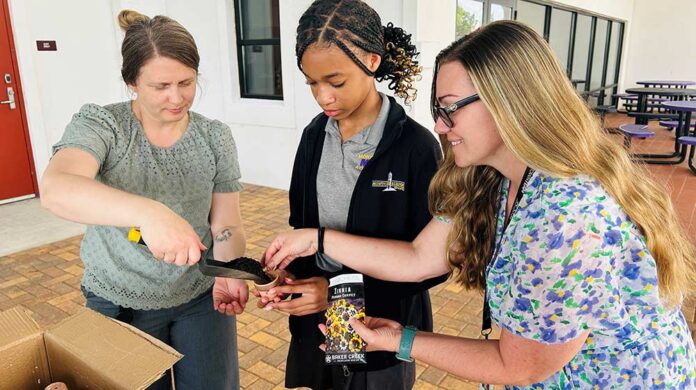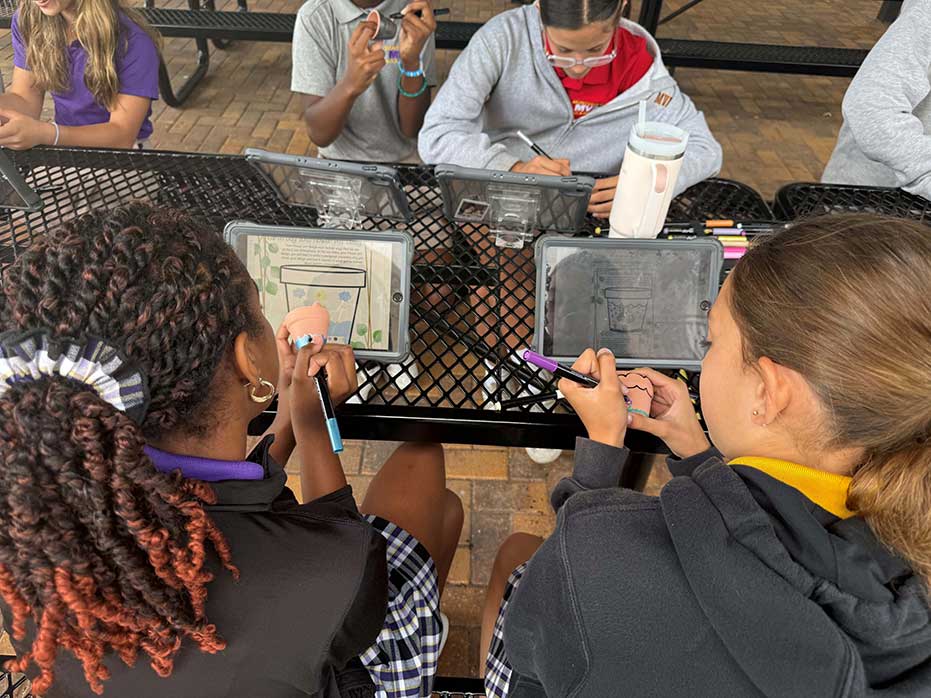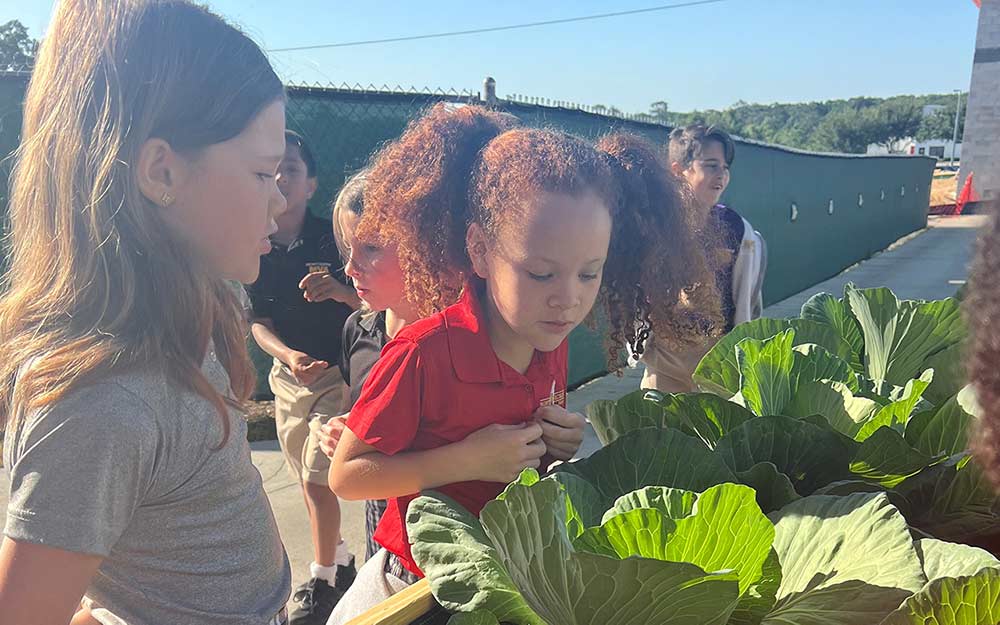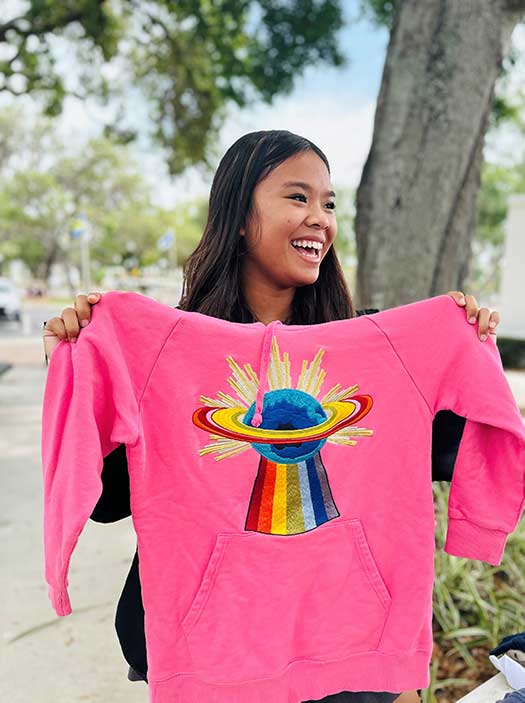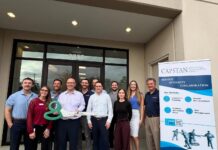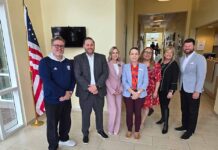Nichole Smith, Montverde Academy
At Montverde Academy, environmental sustainability isn’t just a lesson in the classroom, it’s a growing part of campus culture.
As part of our commitment to sustainability and environmental education, Middle School science teacher Mrs. Joslyn Roberts-Judy recently earned her Florida Master Naturalist Certification. This fall, she will launch two new environmental science electives for seventh and eighth graders, offering immersive, hands-on experiences in Florida’s diverse ecosystems. Through field studies and conservation projects, students will gain real-world knowledge and even the opportunity to become Certified Youth Master Naturalists.
In Mrs. Casey Volpe’s sixth-grade science class, students record GLOBE cloud observations. By collecting real-time data on cloud cover, students are helping NASA scientists better understand the Earth’s atmosphere and climate. Their efforts support long-term research on weather patterns and climate change, highlighting how everyday observations can greatly impact global environmental efforts.
In honor of Earth Day, sixth and seventh-grade science classes planted zinnia seeds in pots that they painted themselves. Sixth graders painted an illustration that demonstrates how we can protect one of Earth’s systems (geosphere, biosphere, atmosphere, hydrosphere).
Seventh graders painted an illustration that includes four biotic factors (living things), two abiotic factors (non-living things), and how at least two of Earth’s systems are interacting.
Additionally, the Middle School Honor Council is hosting an Earth Day Lakeshore cleanup after school.
Over in the Lower School, Mrs. Pat Whiffen’s Garden Club cultivates more than just plants, it nurtures environmental sustainability. Through hands-on gardening, students learn about composting, native plants, and eco-friendly practices that support local ecosystems. By growing their own produce and caring for green spaces, students are gaining the tools to make environmentally conscious choices and foster a healthier planet.
In the STEM Biomedical program, students tackle real-world challenges through independent research with a focus on sustainability. Senior Camila Areinamo chose to investigate cassava, a plant-based material, as an alternative to standard gauze bandages. Her results were impressive—cassava-soaked bandages showed significantly better absorption than gauze alone. With the added benefit of being locally grown and sustainably sourced, cassava has the potential to enhance wound care while reducing environmental impact.
For his STEM-SAC APEX project, Senior Anthony Palanti built a prototype, HydroScrap, designed as a scalable solution to help reduce pollution in rivers, lakes, and coastal areas. The concept centers around using sustainable energy, like solar power to operate its conveyor belt, motors, and other mechanical components. “I am very passionate about both engineering and environmental sustainability, so this project allowed me to combine my creativity and technical skills to make something with real-world impact,” he said.
Anthony is also the president of the Upper School Environmental Club. On Earth Day, the club hosted a Thrift Pop-Up to promote sustainable fashion and eco-conscious shopping. Not only is thrifting budget-friendly, but it also cuts down on fast-fashion demand and lowers your carbon footprint. The event supports the non-profit Save the Manatees and promotes sustainable fashion. “Our goal is to encourage people to participate in sustainable habits all while supporting marine conservation,” said Anthony.
“Students in every division at MVA are provided with outdoor learning opportunities,” said Mrs. Amy Napoles, Upper School Science teacher and Environmental Club sponsor. “Be it in the garden, testing water quality at Lake Florence, monitoring the atmosphere with GLOBE, studying native and invasive species on campus in ecology, learning how to press and mount flowers, or building food webs out of the local flora and fauna that live around us, we are ensuring that our students become good stewards of the environment and help shape a more sustainable world.”


